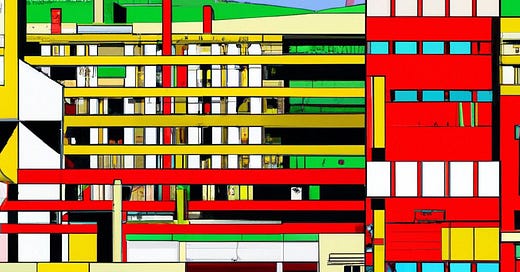This first episode introducing the new podcast series, A People’s History of Scotland, is now live.
Sara Bennett, who is hosting the show, is set to be joined by leading historians and activists to discuss a range of issues.
What caused Scots to rise in rebellion time and again – from the Covenanters of 1638, to the Jacobites of 1745 and the weavers of 1820 to the workers of 1919? How did Chartists, feminists, and trade unionists change Scottish life and culture?
The constant transformation of Scotland also required revolutions in how people understood themselves and the world, in great intellectual movements – religious reform, enlightenment philosophy, science and social thought. A people’s history is not just one of deeds, but of the mind.
And while history is not only made by singular heroes and geniuses, that does not mean leaders have not been important. That’s why our series includes in-depth examinations of the radical personalities who shaped history.
Commenting on the amazing depth of research that has gone into the podcast, Sara reflected: “Whilst I knew something of Scotland’s history, hosting the podcast has allowed me to journey from its earliest roots through to modern times, and gain a far greater understanding of the role of those so often written out of our records – ordinary working people – in shaping this land.”
Chris Bambery, author of A People’s History of Scotland, the inspiration behind the podcast, said: “The Scottish history I got as a child was dominated by “great” men and a few women: Bruce and Wallace, Mary Queen of Scots and Bonnie Prince Charlie. But there is also a history of how radical Scots have changed the world around them. That is a more important history because if they could do that then so can we.
“Robert Burns was one such example. A radical who supported first the American revolution and then the French, and who wrote poems against slavery. Helen Crawfurd, Mary Barbour and Agnes Dollan were militant suffragettes and socialists who organised the 1915 Glasgow rent strike.
“John MacLean is forever identified with Red Clydeside and while James Connolly identified as being Irish he was shaped as a socialist in Edinburgh.
“Mary Brooksbank organised Dundee jute workers and became an important songwriter, while Agnes MacLean was a Glasgow engineering worker who fought for equal pay for women during the Second World War and after.
“These are all in A People’s History of Scotland and we talk about them alongside those who went to fight fascism in the Spanish Civil War, Jimmy Reid who led the 1971 UCS occupation and many more.
This is our history. Take pride in it.”
If you like what we do here at Conter, take out a Patreon today. Doing so means we can maintain, and extend, our content.



